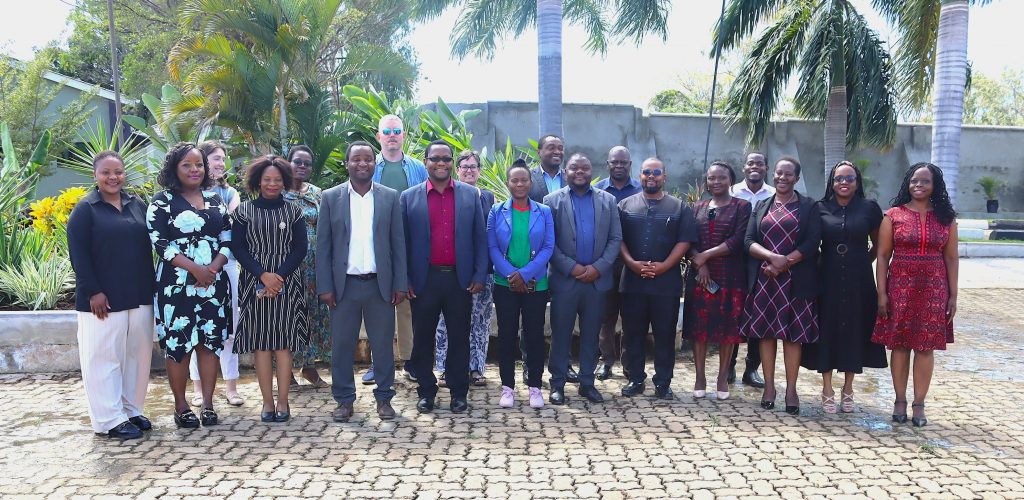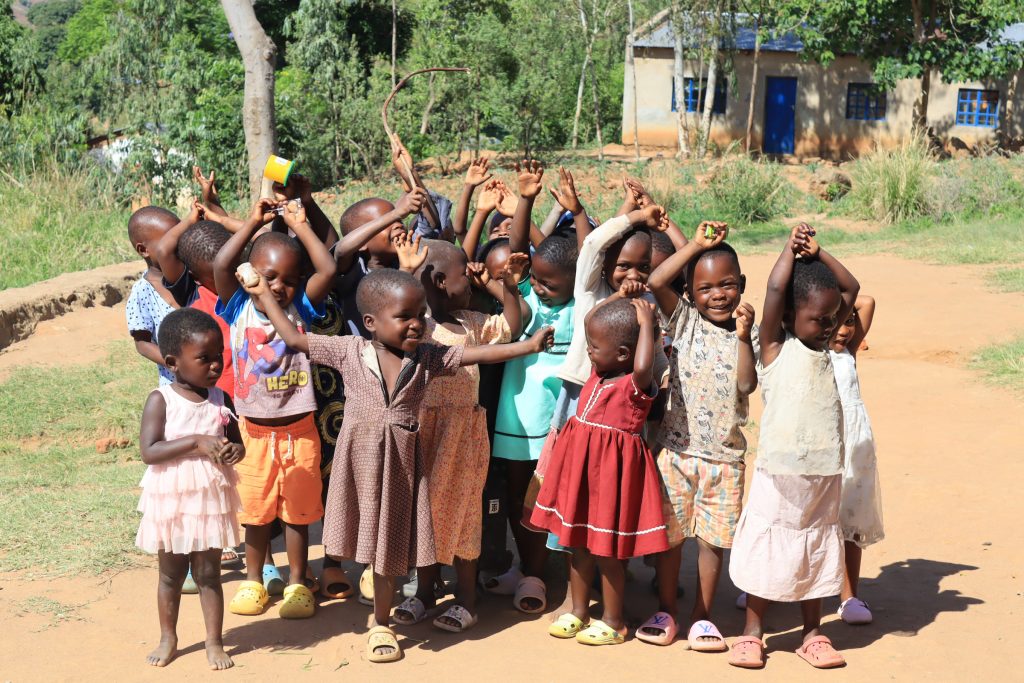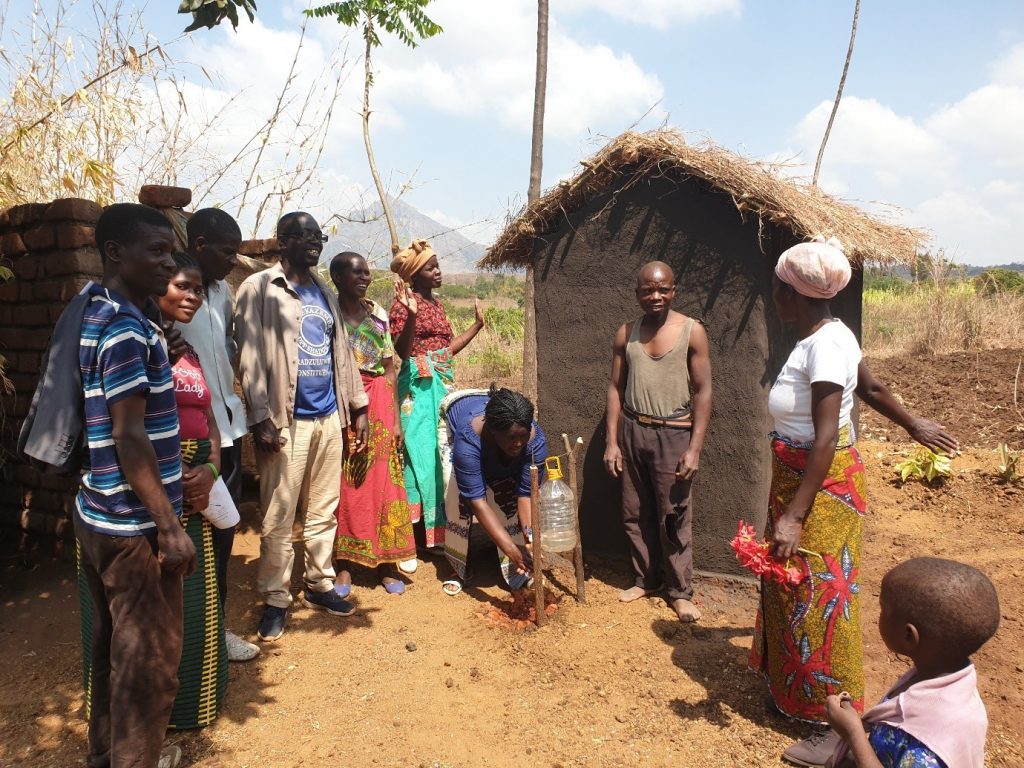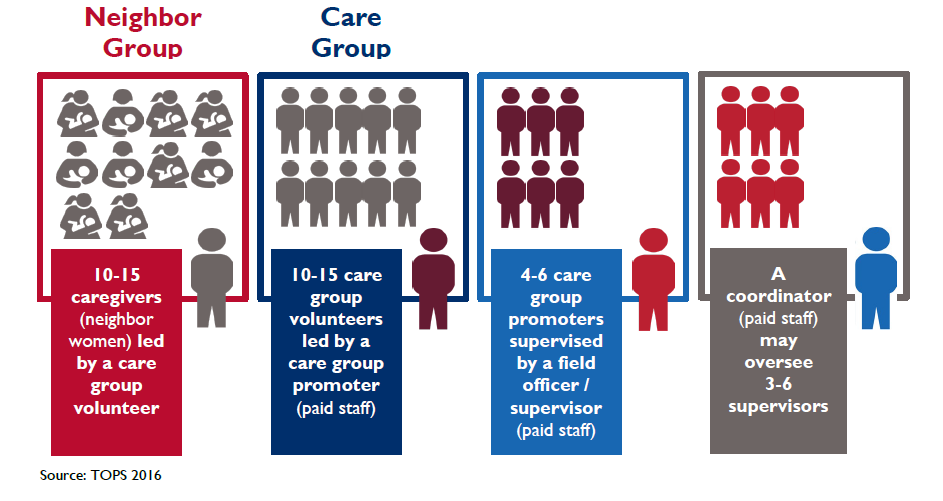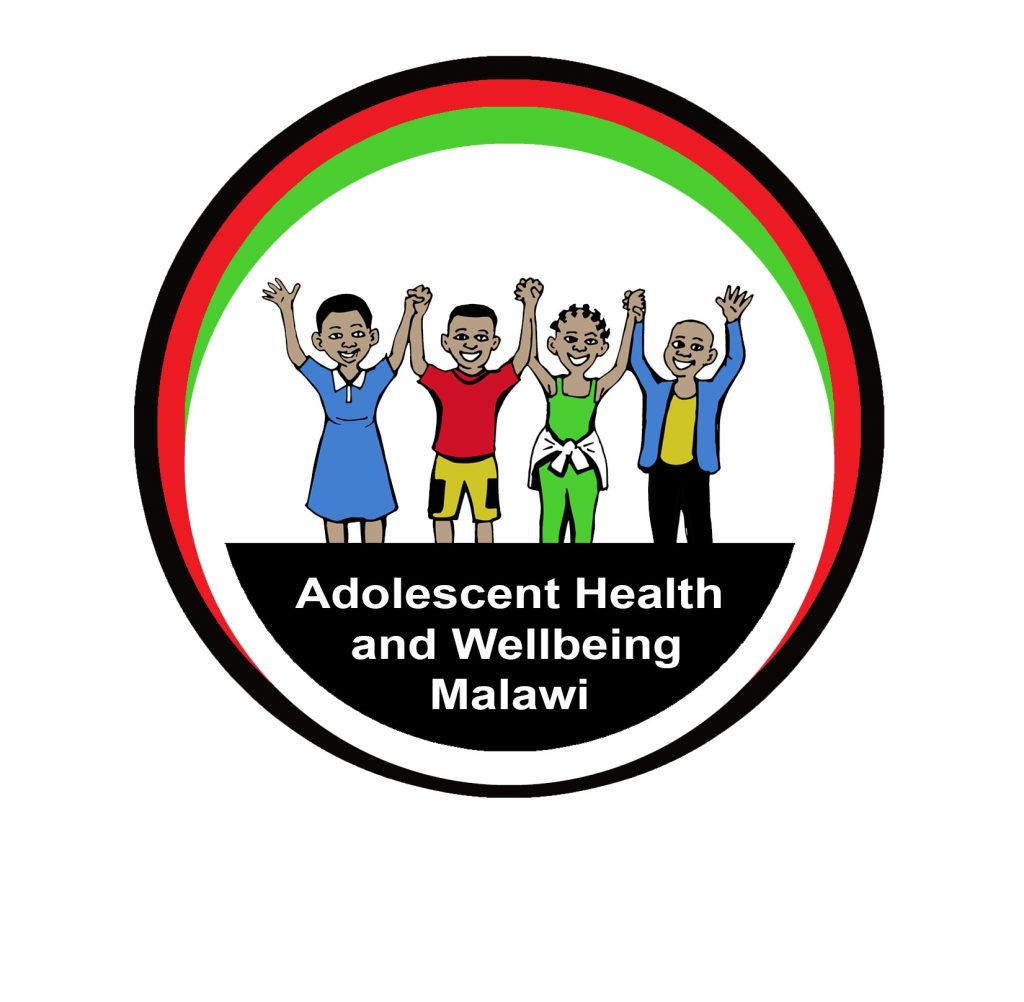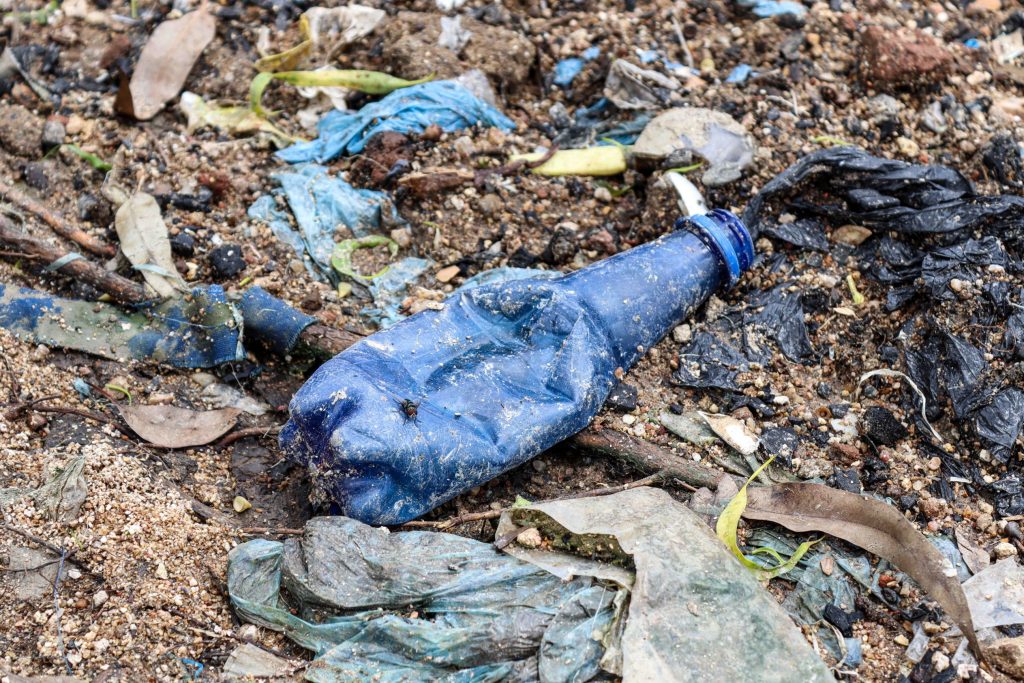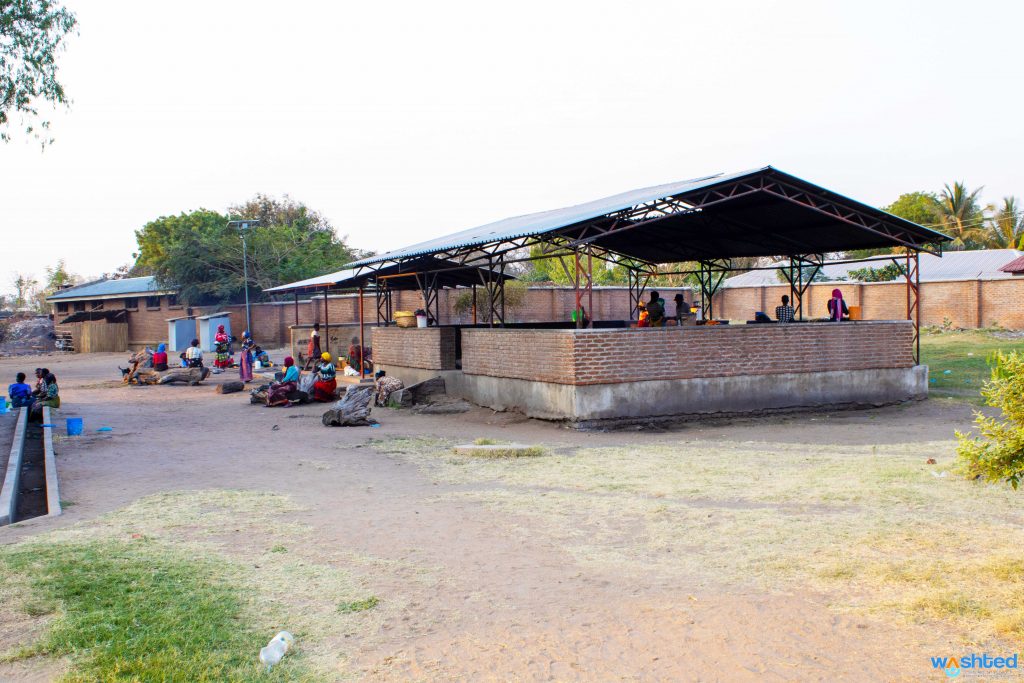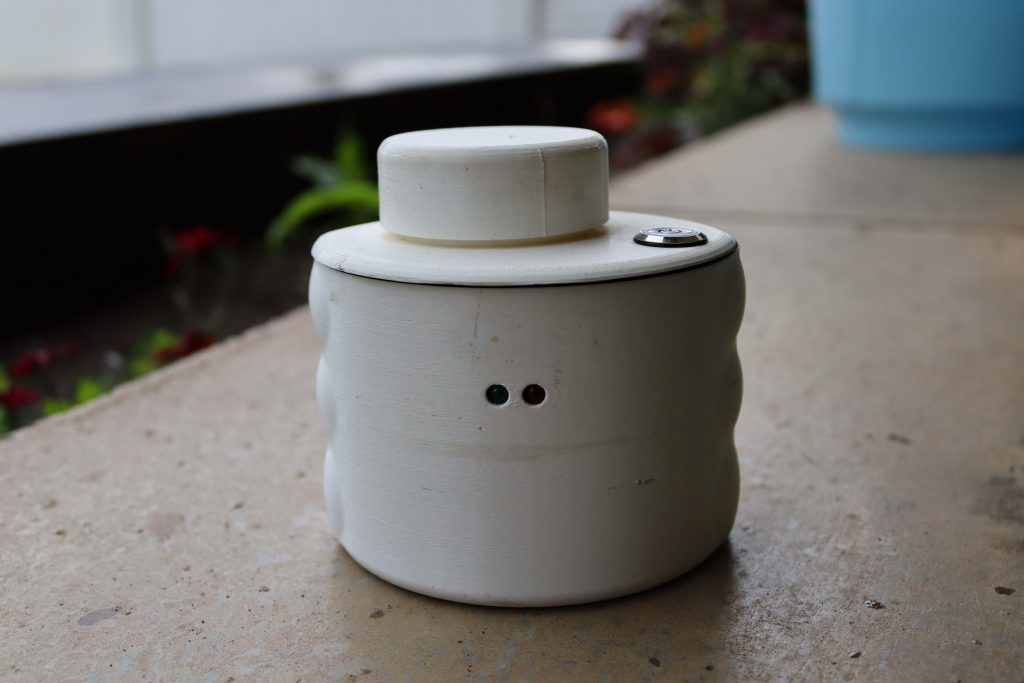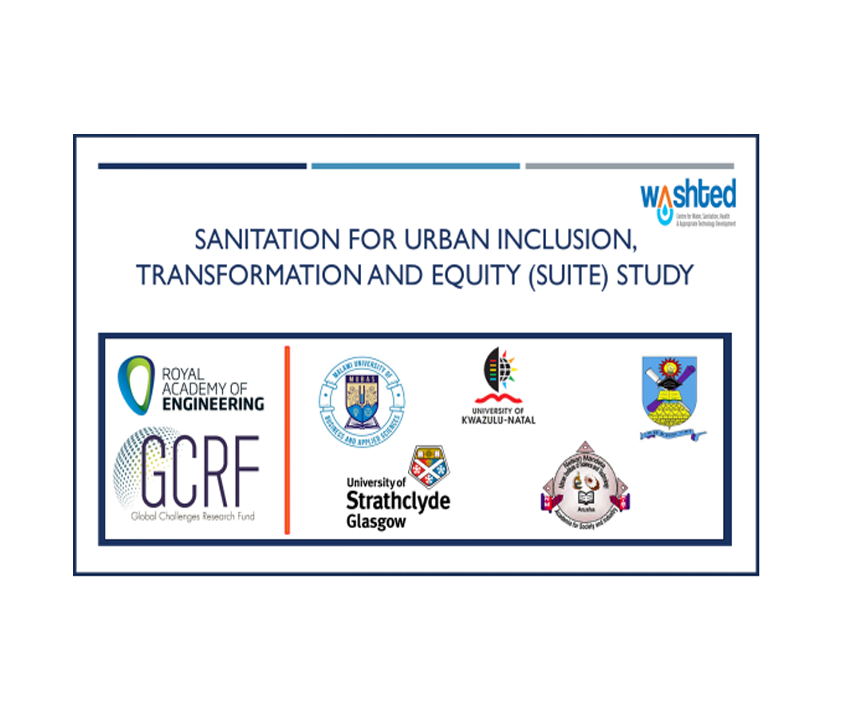Strengthening Guardian Waiting Shelters in Malawi’s Health System
In Malawi, patient guardians, typically family members, are essential caregivers for hospitalized patients. These guardians stay in Guardian Waiting Shelter (GWS) facilities while taking care of their family member who has been hospitalized. Our previous assessment of GWS in southern region (link here) revealed that there are no clear ownership or policy framework for the […]
Strengthening Guardian Waiting Shelters in Malawi’s Health System Read More »

